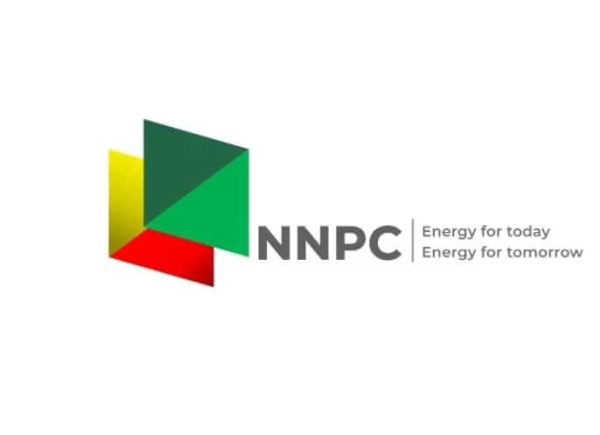In a move to continue strengthening Nigeria’s agricultural sector and enhance food security, the NNPC Foundation Ltd/Gte has extended its Vulnerable Farmers Training Programme to the North-East geopolitical zone.
The programme has already successfully trained and supported over 11,000 farmers, in the other five geopolitical zones in the country
Speaking at the flag off of the North-East programme in Potiskum, on Thursday, the managing director of NNPC Foundation, Emmanuella Arukwe, said this marks a significant expansion of the foundation’s national initiative aimed at empowering vulnerable farmers, particularly women and youth, with the tools and knowledge essential for sustainable farming and improved livelihoods.
Represented by the NNPC Foundation’s executive director of Programme Development, Bala T. David, Arukwe, in her keynote address, emphasised the foundation’s unwavering commitment to national development “that goes beyond energy.”
She stated that the training programme is an embodiment of this commitment, designed to provide practical interventions that promote increased agricultural productivity, minimise post-harvest losses, and broaden market access for vulnerable farming communities.
She highlighted that the programme has already traversed five geopolitical zones across Nigeria—the South-East, South-South, South-West, North-Central, and the North-West—where it has successfully trained and supported over 11,000 farmers. “This is a testament to lives transformed, communities strengthened, and hope renewed,” she remarked.The North-East phase of the training aims to equip participants with essential skills in climate-smart agriculture, soil management, effective post-harvest handling, financial literacy, cooperative development, and the application of digital tools to access markets more efficiently.
Recognising the linguistic diversity in the North-East, the foundation has arranged for translators proficient in Hausa and other local languages to ensure the inclusiveness and effectiveness of the training.
The programme’s structure is purposely hands-on, combining expert lectures with practical demonstrations, group work, and daily Q&A sessions. Participants will have clinic sessions and opportunities to engage deeply with peers and facilitators, fostering cooperative linkages critical for the collective growth and sustainability of their farming efforts.
Arukwe called on the farmers to actively participate in the sessions, urging them to ask questions, experiment with new techniques, and take ownership of their learning.
“The future of Nigeria’s agriculture depends not only on what we teach but on what you practice and share within your cooperatives and communities,” she said.
“The true success of this programme will be reflected in higher yields, fewer losses after harvest, stronger cooperatives, and ultimately better livelihoods for all.”
Government partners, traditional leaders, facilitators, and development partners present reaffirmed their commitment to supporting the initiative, acknowledging its pivotal role in rural empowerment and national food security. Their backing underscores the collaborative effort needed to ensure the sustainability and measurable impact of the programme.
As this phase for the North-East begins, the NNPC Foundation reaffirms its mission to create resilient farming communities that contribute meaningfully to Nigeria’s food system. The foundation sees this effort as a beacon of progress not only for the North-East but for the country as a whole.
Speaking with LEADERSHIP, one of the beneficiaries, Musa Audu Bala, commended the NNPC Foundation for its foresight and stressed that the initiative will reduce the unemployment rate in the region due to the insurgents activities.
“This initiative represents a bold step towards achieving food security, tackling unemployment, and addressing climate-related challenges across the region.
He called on the participant most especially Youths to use the occasion as a tool of learning to promote farming in their respective areas.
The flag-off ceremony attracted a distinguished gathering including His Excellency, the Executive Governor of Yobe State, the Honourable Commissioner for Agriculture, the Chairman of Potiskum Local Government Council, His Royal Highness the Emir of Fika, senior executives of the NNPC Foundation, government representatives, traditional leaders, development partners, facilitators, and the farmers themselves.





